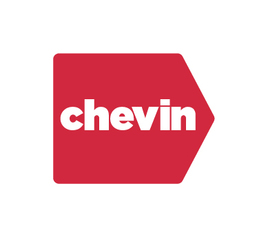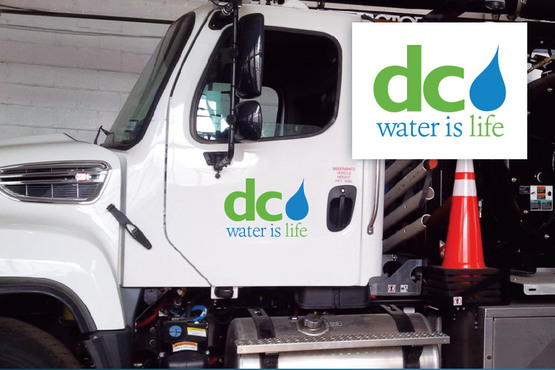Advertisement feature from Chevin
DC Water, a customer of Chevin Fleet Solutions, is a water and sewer utility company serving the residents of Washington DC and surrounding jurisdictions such as Maryland and Virginia. It has the largest waste water processing plant in the world and operates a rolling fleet of around 635, with an additional 1,300 pieces of general assets.
We spoke with Timothy Fitzgerald, Fleet Director for DC Water for the past 10 years, about his experience of managing such a large and varied array of vehicles.
How difficult is it to manage a fleet as diverse as DC Water’s?
“There are many challenges! Ranging from five different unions with five different collective bargaining agreements, some older infrastructure and customising our fleet to fit the business we operate in.
“We try to make sure that we get vehicles on the road on time, we put the right tools in the right hands the first time, and we make sure that all of our technicians and all of our operators are comparable to what we're doing as an organisation as well.”
When overcoming these wide range of challenges, presumably it’s not only the people but also the equipment and technology they use?
“Absolutely the integration of technology is important. But so is changing the mindsets of the users, so that they see it as a way of doing things faster, better, cheaper, but also more efficiently and effectively.”

DC Water is a big exponent of telematics and onboard technology. In the past data was fed to you by your maintenance shops, or your fuel card vendors, but now we are seeing onboard equipment giving you immediate notifications and information that was simply not available before.
“We've had to look at and create a testbed for several products, considering how they might best be integrated into the systems we use so that they're business savvy, adaptable, scalable, and give real time reporting so we can see our KPIs.
“When we start to make those decisions, we want to make the right decisions the first time with real information that can be embedded in the system so that we get it instantaneously.”
You could become overwhelmed with the amount of data you get from all these systems. So do you need to focus on exception management and understanding where your pain points are to be effective?
“These days you have to look at prioritising the types of data that are important to you. In our business, it's water main breaks, it's all those types of critical points of failure - as well as those critical points of success.
“We've got to become smarter with what we use and how we use equipment, as well as how we're customising and specifying that equipment going forward.”.
I guess as a commercial operation you've still got targets and budgets to deal with. And the amount of data here must surely help you make good decisions around the vendors you use?
“Yes, absolutely, because we score them. We score just about everything we use inside of our systems today. And thanks to the help of all of our vendors, we've been able to look at it in terms of working smarter, not harder. We want to be able to look at our vendors to see how well they respond to the needs of our organisation and the enterprise as a whole. And then we want to watch how we can actually look at new ideas and innovation - what can we incorporate to make our process even better? What do we need to do to, again, integrate innovations into the systems that we use, and make sure that the public sees that we're in a position of public trust, and can serve them better through what we're doing here.”
What are your future plans?
“Innovation continues to roll on. We’re looking at mobility applications - the types of things that can get us there quicker. As well as sensors that can get us into areas faster, overlaying maps, for depth detecting different types of gases, or airborne pathogens. We’re testing a lot of things because we want to make sure that the public and our workers are safe.”
And do you have any advice for the fleet managers out there right now that maybe aren't as plugged into the technology as you are?
 “Dig deep. You’ve got to adapt, adjust, and overcome. And you have to be able to do that in a way where you're not afraid of technology. It's your friend, you know, it's that neighbourhood person that’s coming to help you and you've got to be accepting of it all. It can drive you into places that you've never been, and stimulate your thinking. It will help you to get to the thought process of ‘what else can we do?’ And when you open that world up to people, you know, it's infinite. There's nothing that you can't do with it. But do it smartly, and do it in the right way.”
“Dig deep. You’ve got to adapt, adjust, and overcome. And you have to be able to do that in a way where you're not afraid of technology. It's your friend, you know, it's that neighbourhood person that’s coming to help you and you've got to be accepting of it all. It can drive you into places that you've never been, and stimulate your thinking. It will help you to get to the thought process of ‘what else can we do?’ And when you open that world up to people, you know, it's infinite. There's nothing that you can't do with it. But do it smartly, and do it in the right way.”
Watch the full interview here with Timothy Fitzgerald, Fleet Director from DC Water.
Get in touch with Chevin Fleet Solutions to see how we can keep your business moving with a smart fleet management system.
















Login to comment
Comments
No comments have been made yet.